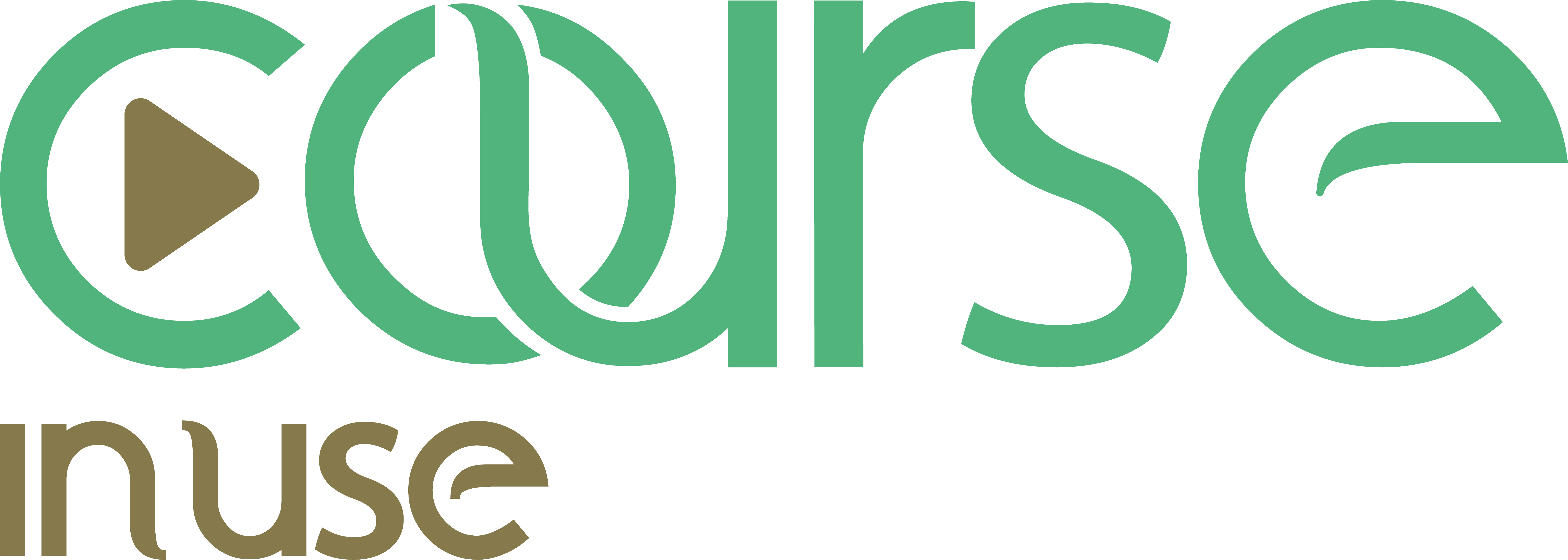In recent years, the Dolingo English language test has become more popular among students and applicants for work and study in English-speaking countries as a more accessible alternative to the TOEFL and IELTS tests. In this article, we have reviewed 0 to 100 of the Duolingo exam, the structure of the Duolingo exam, its difference from other exams, as well as tips and strategies for success, so stay with us until the end of this article.
what is the Duolingo Exam?
The Duolingo English Test is an online English proficiency test designed to evaluate language skills for various purposes, such as academic admission, employment, and personal growth. The Duolingo English Test (DET) is an adaptive computer-based test that assesses your English language proficiency. Over the past two years, more than 500 universities and colleges worldwide have accepted the Duolingo English Test certificate as an admission requirement. Top universities like FDU, Duke, UCLA, Columbia, NYU, and Yale are among them. Therefore, becoming familiar with the Duolingo English Test and all its details can be crucial for many candidates for international English language exams. It is also important to note that the IELTS Online and TOEFL Online (Home Edition) tests are new alternatives to the traditional IELTS and TOEFL exams.
key points about the Duolingo English Test
| Convenience | The test can be taken online from anywhere at any time, making it highly convenient compared to traditional testing methods. |
| Affordability | It is generally more affordable than other standardized English proficiency tests like IELTS or TOEFL. |
| Adaptive Testing | The test adjusts its difficulty based on the test taker’s responses, providing a personalized assessment experience.
|
| Components | The test assesses a range of language skills, including reading, writing, listening, and speaking.
|
| Duration | The entire test takes about 60 minutes to complete, and results are typically available within 48 hours.
|
| Acceptance | Many universities and institutions worldwide accept the Duolingo English Test as proof of English language proficiency.
|
| Scoring | The test is scored on a scale from 10 to 160, with higher scores indicating greater proficiency.
|
Duolingo exam VS IELTS and TOEFL exams
A major advantage of the Duolingo exam is that it can be taken at any hour of the day, without needing to reserve a specific time. This is also possible for the TOEFL Home Edition In contrast, for the IELTS exam, you need to set an appointment and register at least one month in advance.
This table provides a comprehensive comparison of the Duolingo English Test, IELTS, and TOEFL, highlighting key aspects such as cost, duration, recognition, format, and more.
| Criteria | Duolingo English Test (DET) | IELTS | TOEFL |
| Cost | $59 (standard), $98 (two attempts), $99 (24-hour results) | $230 | $265 |
| Test Duration | Less than 1 hour | 2 hours 45 minutes (excluding speaking) | 3 hours (iBT), 2 hours (Paper-delivered) |
| Results Availability | 2 days, 24 hours (for $99 option) | 6 to 13 days | 6 to 13 days |
| Global Recognition | Accepted by over 500 universities | Accepted by over 12,000 organizations in 140+ countries | Accepted by many universities worldwide |
| Test Format | Online, adaptive | Paper-based or computer-delivered | Internet-based test (iBT), Paper-delivered |
| Skills Assessed | Listening, Reading, Writing, Speaking | Listening, Reading, Writing, Speaking | Listening, Reading, Writing, Speaking |
| Scheduling | Anytime, no need to book in advance | Set dates, must book in advance | Set dates, must book in advance |
| Test Location | Online, from home | Test centers worldwide | Test centers worldwide, Home Edition option |
| Report Sending Cost | Free, unlimited reports | Free to 5 institutions, $20 per additional report | Free to 4 institutions, $20 per additional report |
| Test Type | Adaptive | Fixed format | Fixed format |
| Preparation Time | Shorter, less than 1 hour | Longer, almost 3 hours | Moderate, around 3 hours |
| Content | Short, interactive questions | Long texts and structured questions | Long texts and structured questions |
| Advantages | Convenient, quick results, lower cost | Widely recognized, comprehensive assessment | Widely recognized, detailed score reporting |
| Disadvantages | Less widely accepted than IELTS/TOEFL | More expensive, longer test duration |
More expensive, longer test duration
|
What does it mean to be adaptive or DUOLINGO test?
An adaptive test, like the Duolingo English Test (DET), adjusts its difficulty in real time based on the test taker’s performance.
Adaptive Nature of the Duolingo English Test
- Real-Time Adjustment:
- As you answer each question, the test algorithm evaluates your response.
- If you answer correctly, the subsequent questions may become more difficult.
- If you answer incorrectly, the following questions may become easier.
- Efficiency:
- The adaptive format aims to quickly identify your proficiency level.
- It typically requires fewer questions to determine your ability compared to non-adaptive tests.
- Personalization:
- The test tailors itself to your specific skill level, providing a unique set of questions for each test taker.
- This makes the test more engaging and less monotonous.
- Shorter Duration:
- Due to its adaptive nature, the Duolingo test is shorter (less than an hour) compared to traditional fixed-format tests like IELTS and TOEFL.
- Accuracy:
- The adaptive testing method can provide a precise measurement of language proficiency by focusing on the test taker’s current ability range.
Benefits of the Adaptive Duolingo Test
- Convenience: The test can be taken online from the comfort of your home, without needing to visit a test center.
- Time-Efficient: It takes less time to complete while still providing an accurate assessment of your language skills.
- Engagement: The varying difficulty levels keep the test more dynamic and less predictable.
Which universities accept the Duolingo test?
The Duolingo English Test (DET) is accepted by several prestigious universities and colleges worldwide. Below is a list of some well-known institutions that accept the Duolingo test as part of their admissions process:
- Harvard University- USA
- Yale University- USA
- Stanford University- USA
- University of Oxford- UK
- University of Cambridge- UK
- University of Toronto- Canada
- University of Melbourne- Australia
- McGill University- Canada
- University of Pennsylvania- USA
- New York University (NYU- USA
It should be noted that acceptance through the Duolingo test may vary among different departments within these universities.
How to prepare for the Duolingo exam?
To prepare for the Duolingo English Test (DET), you should follow several key steps to ensure that you perform well in the exam. Here is an effective guide for your preparation:
- Understanding the Format: Familiarize yourself with the format of the Duolingo exam. It includes sections for speaking, reading, writing, and listening.
- Practice Speaking: Since the speaking section is part of the Duolingo exam, practice speaking English aloud. Work on pronunciation, fluency, and coherence. You can practice with a language partner or record yourself speaking to assess your performance.
- Improve Reading Skills: Enhance your reading comprehension by reading articles, books, and essays in English. Pay attention to the main ideas, details, and vocabulary used.
- Enhance Listening Skills: Get accustomed to different English accents and understanding spoken English in various contexts. Watch English movies, listen to podcasts, or use language-learning apps.
- Develop Writing Skills: Practice writing essays, emails, or reports in English. Focus on grammar, vocabulary, coherence, and organization. Receive feedback from teachers, peers, or online resources.
- Use Practice Tests: Utilize official Duolingo practice tests to simulate the exam environment. This helps you become familiar with the types of questions, timing, and difficulty level.
- Work on Time Management: Practice managing your time effectively for each section during practice tests. The Duolingo exam is adaptive, so you must answer questions within a specified time frame.
- Review and Improve: Regularly review your performance in practice tests. Identify areas of weakness and concentrate on improving them. Track your progress over time.
By following these steps and maintaining a structured study plan, you can effectively prepare for the Duolingo English Test and increase your chances of achieving a good score.
What documents and conditions are required before starting the Duolingo exam?
The documents required for the Duolingo exam typically include:
- Identification Document: A valid government-issued ID such as a passport or national ID card.
- Technical Requirements: Ensure you have a computer or device that meets the technical specifications for taking the Duolingo exam. This includes a stable internet connection, a supported web browser, and a functioning microphone and camera.
What are the rules and regulations of the Duolingo exam?
The rules and regulations of the Duolingo English Test (DET) typically include the following:
- Identification: Test takers must present a valid government-issued ID, such as a passport or national ID card, to verify their identity.
- Technical Requirements: Ensure your computer or device meets the technical specifications required for the exam, including a stable internet connection, supported web browser, microphone, and camera.
- Testing Environment: Test takers are required to take the exam in a quiet, well-lit room with no distractions or unauthorized aids.
- Exam Duration: The Duolingo exam is timed, and test takers must complete all sections within the allocated time frame.
- Prohibited Activities: Use of any unauthorized aids, communication with others during the exam, or attempting to access restricted materials is strictly prohibited.
- Honor Code: Test takers must adhere to the Duolingo Honor Code, which includes conducting the exam independently and honestly.
- Score Reporting: Scores are typically available within a few days after completing the exam and can be sent directly to institutions specified by the test taker.
Course In Use website is the best Comprehensive resources for learning international online courses and preparing for international exams.




